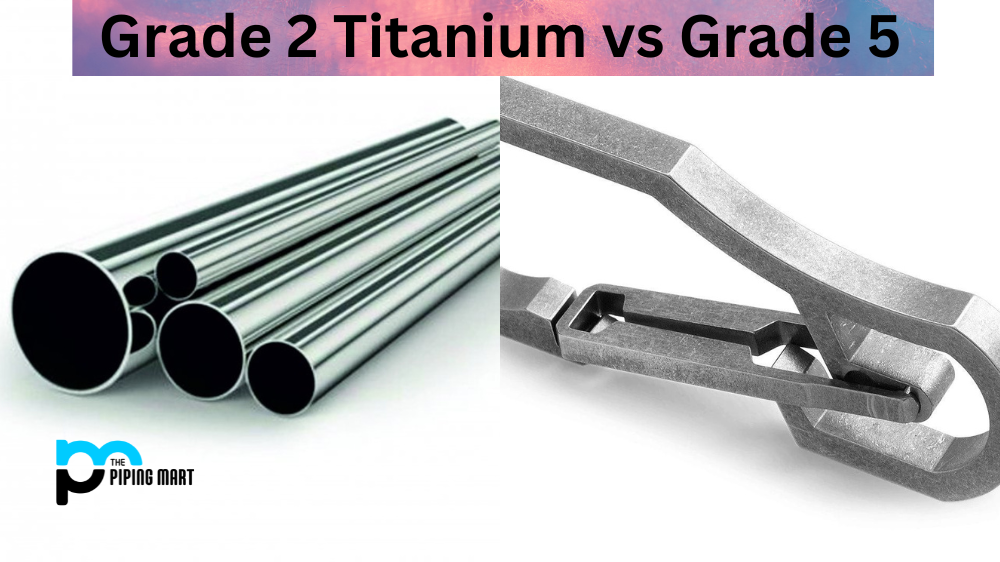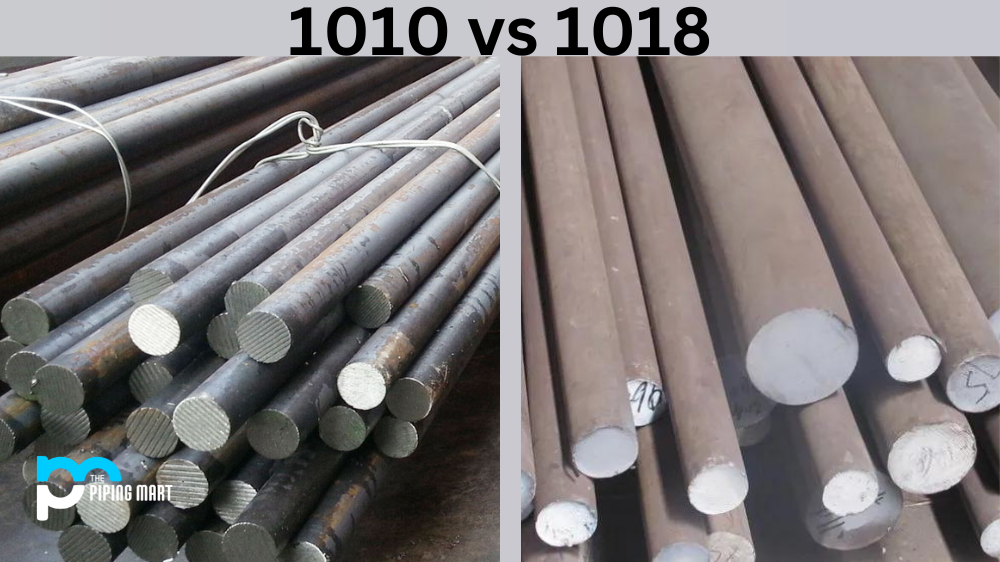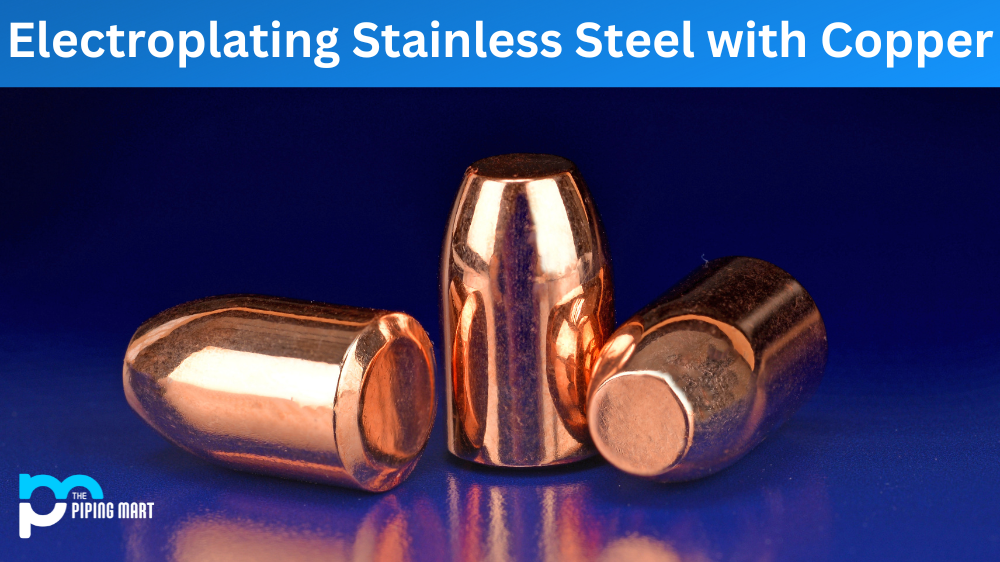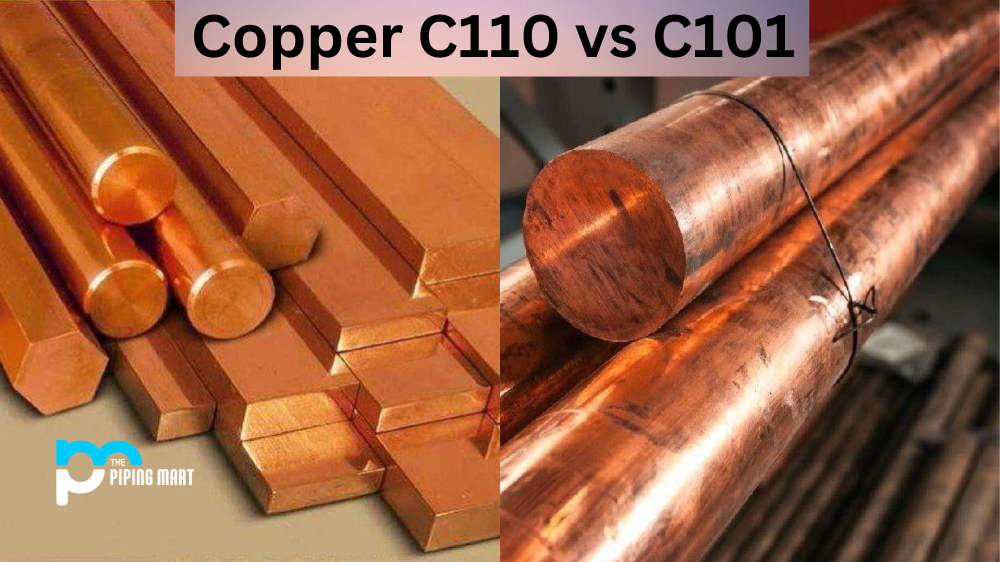When it comes to the world of titanium alloys, two of the most popular grades are Grade 2 and Grade 5. These two alloys are often compared regarding their strength, durability, and corrosion resistance. In this blog post, we will explore the differences between Grade 2 titanium and Grade 5 titanium to help you decide which alloy is the best for your specific use case.
What is Grade 2 Titanium?
This alloy is the most commercially pure titanium grade available and is often called “CP titanium.” Grade 2 titanium is known for its high ductility, low density, and excellent corrosion resistance. It is often used in applications that require high-quality weldability, such as chemical processing, heat exchangers, and marine components.
What is Grade 5 Titanium?
Grade 5 titanium is an alloy of titanium and aluminium. This alloy, also known as Ti-6Al-4V, is one of the most widely used titanium alloys in industrial applications. Grade 5 titanium is known for its high strength, low density, and excellent resistance to corrosion. It is often used in aerospace engineering, medical implants, and high-performance sports equipment.
Difference Between Grade 2 Titanium and Grade 5
Properties and Applications
While Grade 2 and Grade 5 titanium alloys have unique properties and applications, the biggest difference is their strength. Grade 5 titanium is significantly stronger than Grade 2 titanium and has a higher tensile strength. This means that Grade 5 is better suited for applications that require high strength and durability, such as aerospace engineering.
Strength
In addition to strength, another important factor to consider when choosing between these two titanium alloys is their cost. Grade 5 titanium is typically more expensive than Grade 2 titanium due to its more complex manufacturing process. However, the added cost of Grade 5 titanium is often justified in high-performance applications where strength and durability are paramount.
Corrosion Resistance
It is also important to note that Grade 2 titanium has a higher corrosion resistance than Grade 5 titanium in certain environments. Grade 2 titanium is highly corrosion-resistant in most natural and industrial environments, while Grade 5 titanium may experience galvanic corrosion in certain conditions.
Conclusion
In conclusion, both Grade 2 titanium and Grade 5 titanium are excellent options for various industrial applications. While Grade 2 is the most commercially pure titanium alloy known for its high corrosion resistance, Grade 5 is significantly stronger and better suited for high-performance applications. When deciding between these two alloys, consider your specific use case and weigh the cost versus the added benefits of each. Working with a reputable titanium supplier is always important to ensure you use the right alloy for your application.




